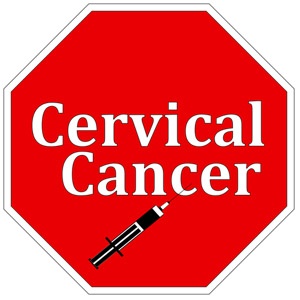
The vaccine for human papilloma virus (HPV)
The problem. Cancer of the cervix affects one in every 34 South African women. It is most often associated with the human papillomavirus (HPV) which is most often sexually transmitted. Regular pap smears can usually pick up cervical cancer in its early stages, but once the disease has progressed to a certain stage, cervical cancer may be fatal.
Previous treatment. Once advanced, the cancer was treated with surgery, radiation therapy and chemotherapy. All three could be temporarily debilitating and have long-term negative effects.
The good news. There is now a vaccine against HPV. It is recommended for use in girls and women between the ages of nine and 26 years. As HPV is sexually transmitted, it is recommended that women who have become sexually active before the age of 18, and women who have had many partners, should be immunised.
Cervical cancer screening tests
The problem. Cervical cancer is the most common cause of cancer death among South African women. Cervical cancer can be detected by means of a Pap smear and in developed countries this poses no problem. But in developing countries and especially in rural areas, resources and facilities are limited, with the result that the majority of women are never screened.
Previous treatment. Regular pap smears (about every two years) were recommended to all sexually active women.
The good news. Two universities, the University of Columbia and the University of Cape Town, have been involved in investigating alternative screening methods. They have been taking a look at a so-called “screen and treat” approach, using either visual inspection of the cervix with acetic acid (vinegar), or HPV DNA testing followed by immediate cryotherapy treatment (the freezing of abnormal cells or skin lesions) for women who test positive. Professor Lynette Denny won South Africa's 2003 Woman of the Year in Science and Technology Award for her work in this field.




 Publications
Publications
 Partners
Partners











